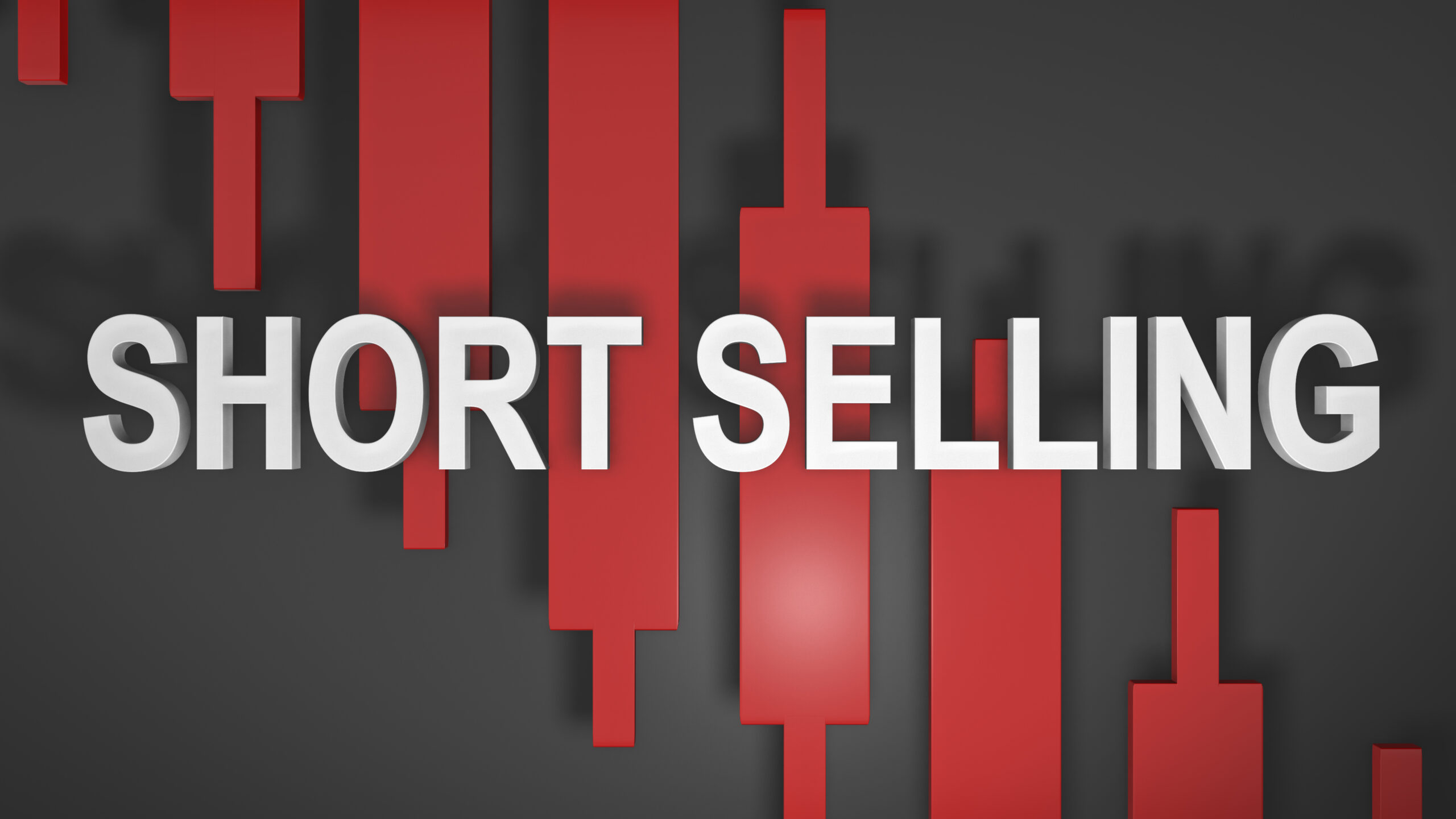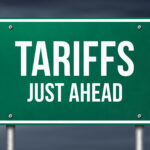Understanding GME, AMC and the Short Squeeze

It has been an interesting start to the 2021 market environment. Everyone has developed an interest in investing. In case you somehow missed the news, individual investors have been in a purchasing frenzy trying to cause a “short squeeze” among highly shorted companies in the stock market. Institutional investors and hedge funds will “short” a company that they believe will be worth less in the future. For example, Company A’s shares are currently worth $100 each. The short-seller may decide to borrow 10 shares from their lender or broker, and then sell them. 100 x 10 = $1,000. If the investor is correct and X’s shares decrease to $80 then the “short” worked. The short-seller buys back the shares and gets to keep the spread which is $20 per share.
It does not always work out this way however. This short-seller might have been wrong, and instead a big week for Company A causes the shares to increase to $110. Now concerned that the shares will continue to rise, the short-seller decides to purchase the shares back before he incurs any more losses. Instead of multiplying a profit of $20 by 10 shares, they are multiplying a loss of $10 increase in price by 10 shares they must repay. Their loss is $100.
The GME Short Squeeze Phenomenon
Now let’s discuss what has been happening in the market since last week. Highly shorted stocks like GameStop and AMC were being significantly driven upwards by online investing groups encouraging others to “short squeeze” Wall Street. As investors continued to buy shares and skyrocket prices, hedge funds helped prices continue to surge as they had to scramble and cover their “shorts” by buying back their borrowed shares. Hedge funds literally lost billions overnight and individual investors made millions collectively. It was quite the David and Goliath story and it got the attention of even non-investors. The issue is that this is not a long-term phenomenon and eventually the demand for these stocks will dry up as the buying slows. GameStop was trading over $450 at its peak last week, despite trading near $30 for the past year. No one believed the stock was now fairly valued at $450, but rather the price was manipulated in the short term. People are willing to significantly overpay for GameStop because they believe they will be able to still sell it for higher in the future. The issue is what happens when there are no longer any more buyers willing to pay. It will become almost impossible to sell at a premium. Remember, the stock market is merely a place to bring buyers and sellers together. It is driven completely by supply and demand. When the mania dies down and someone yells “fire” in the theater, there will not be enough exits for those trying to leave.
The latest market movements in stocks like GameStop and AMC has been fascinating to observe. But I would be remiss to not also mention that the latest actions also have me concerned. Investors seem to continue to exhibit increased greed and exuberance when it comes to their stock market attitudes and actions. Just as we saw in the early 1990s and again in the early 2000s, investors seem to think the market is nothing but a casino. There seems to be a reckless attitude towards investing and the consensus is that “investing is just too easy”. That is usually about the time that investors are reminded there are two sides to the stock market. The fact is, that while investing using a disciplined approach can absolutely help investors acquire a great deal of wealth, the flip side is that careless investing always ends poorly for investors eventually. Everyone always hopes, “this time will be different.” but the reality is it never is. If you have questions about your current investment management strategy, please do not hesitate to reach out. We would love to help.
 Ashley Rosser, President
Ashley Rosser, President
Prior to her career in the financial services industry, Ashley earned her Bachelor of Science in Nursing from Cedarville University.
Ashley decided to make a career change from her ten years within the healthcare industry as a pediatric emergency room nurse to retirement and 401K investment planning. She joined Victory Wealth Partners in 2008 after obtaining her Series 65 professional financial license and went on to earn her AIF (Accredited Investment Fiduciary) professional designation from the Center for Fiduciary Studies.












